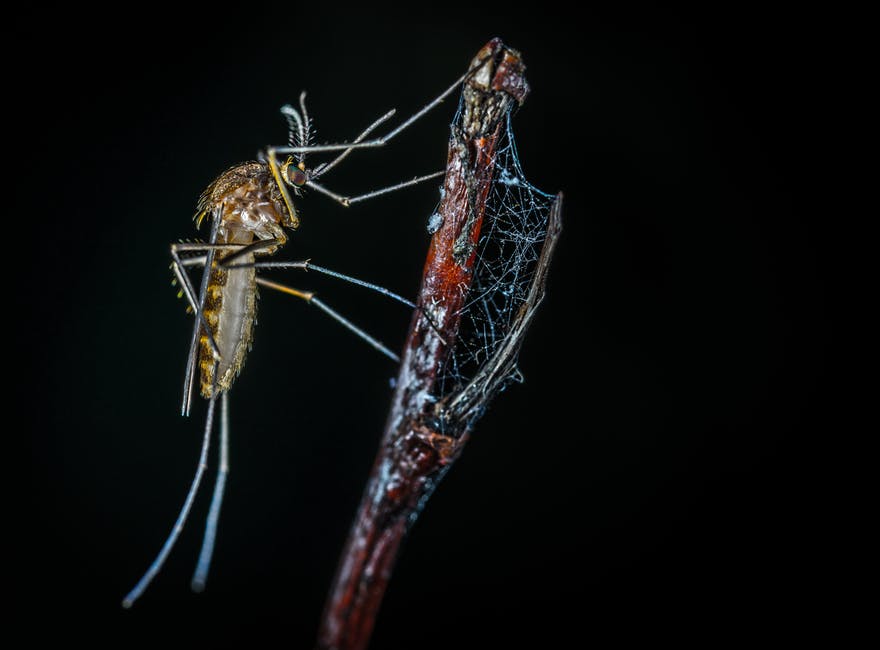For decades, chemical pesticides have been the most important way of controlling insects like the Anopheles mosquito species that spreads malaria to humans. Unfortunately, the bugs have fought back, evolving genetic shields to protect themselves and their offspring from future attacks.
The fascinating array of genetic changes that confer pesticide resistance in Anopheles mosquitoes is reviewed in an article published today in Trends in Parasitology. The paper is written by Colince Kamdem, a postdoctoral scholar, and two colleagues from the Department of Entomology at the University of California, Riverside. The findings highlight the interplay between human interventions, mosquito evolution, and disease outcomes, and will help scientists develop new strategies to overcome pesticide resistance.
In 2015, there were roughly 212 million malaria cases and an estimated 429,000 deaths due to malaria, according to the World Health Organization. While increased prevention and control measures have led to a 29 percent reduction in malaria mortality rates globally since 2010, the increase in pesticide resistant insects underscores the need for new strategies. "One of the main obstacles to malaria eradication is the enormous diversity and adaptive flexibility of the Anopheles mosquito species, therefore a better understanding of the genetic, behavioral, and ecological factors underlying its ability to evolve resistance is key to controlling this disease.
In sub-Saharan Africa, multiple factors, including the widespread use of long-lasting insecticidal nets, indoor residual spraying, exposure to chemical pollutants, urbanization, and agricultural practices, are contributing to the selection of malaria mosquitoes that are highly resistant to several classes of insecticide.
Kamden's article highlights several ways that mosquitoes are adapting to insecticide exposure. Advantageous mutations in the insecticide target site are a major source of resistance, highlighting the direct impact of human interventions on the mosquito genome. Other mutations boost the activity of enzymes that degrade or sequester the insecticide before it reaches its target in the cell. In some cases, mosquitoes change their behaviors to avoid coming into contact with pesticides.
